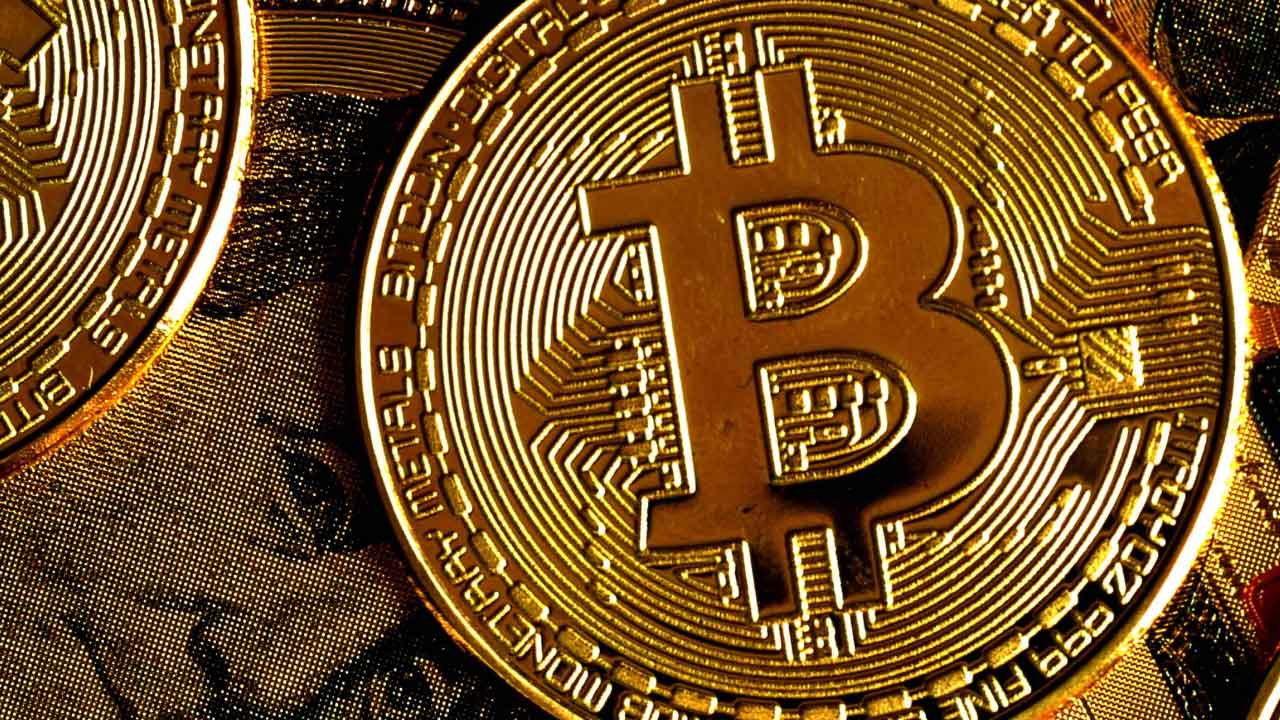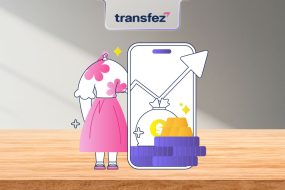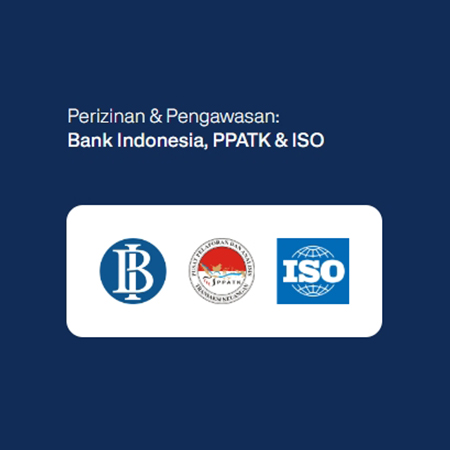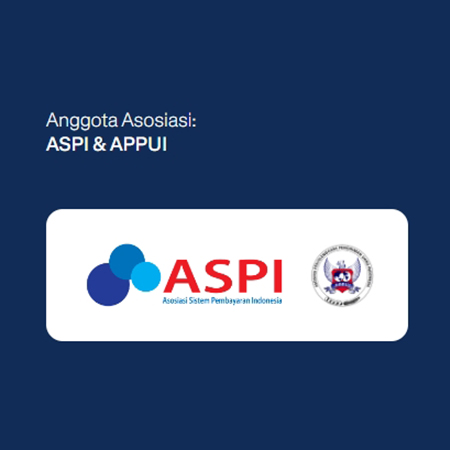
It is a big question among many nations, is it possible for the world to have a global currency? Currently, there is no currency applied to all nations. But some currencies are popular for various transactions around the world. For further information related to this thing, the paragraphs below will give some detailed explanations.
See Also Articles About How to Open Bank Accounts in Different Countries
How to Open a Bank Account in Australia
How to Open a Bank Account in Hong Kong
How to Open a Bank Account in China
How to Open a Bank Account in India
How to Open a Bank Account in Japan
How to Open a Bank Account in Malaysia

What is Global Currency?
A currency that is widely used in the trade is referred to be a global currency. Most international transactions accept a few different currencies. The US dollar, the euro, and the yen are the most widely used currencies. The reserve currency is another term for a world currency.
The International Monetary Fund claims that the U.S. dollar is the most widely used currency. It accounts for more than 60% of all known central bank foreign exchange reserves as of the fourth quarter of 2019. Although it lacks an official label, this makes it the de facto world currency.
The euro is the next closest reserve currency. It accounts for 20% of the known foreign exchange reserves of central banks. The eurozone crisis hurt the euro’s chances of becoming a global reserve currency. It highlighted the challenges of a monetary union run by independent political bodies.
Relation between Global Currency and Gold
When all currencies were formerly backed by gold, each nation was required to have enough gold in reserve to cover the total amount of money in circulation. In other words, gold served as the benchmark against which all other currencies were judged. The United States economy grew to be the biggest and most powerful in the world after World War II.
After the war, the world began to expand, but bank reserves were insufficient to support the currency’s growth, which was required to finance this expansion. To finance the needs of global growth, the U.S. decoupled from the gold standard and started to issue additional paper money.
See Video How To Easily Send Money International with Transfez
Due to the U.S.’s robust economy, other nations decided to adopt the dollar as legal cash and did likewise by abandoning the gold standard. As a result, the dollar rose to prominence.
USD As a Global Currency
The dollar gained its current status as a result of the 1944 Bretton Woods Accord. Before it, the majority of nations used the gold standard. On-demand, their governments agreed to exchange their money for the equivalent amount of gold.
The industrialized nations of the world gathered in Bretton Woods, New Hampshire, to fix the value of all currencies to the dollar. The country with the highest gold reserves at the time was the United States. This deal made it possible for other nations to use dollars rather than gold to support their currencies.
The United States continues to enjoy widespread trust and confidence in its capacity to meet its obligations despite having trillions of dollars in foreign debt and ongoing huge deficit expenditures. The U.S. dollar continues to be the strongest currency in the world because of this. In the coming years, it might still be the most popular money in the world.
Issues Related to Global Currency
There are several reasons why the global currency is difficult to form. Some of the reasons as stated in the following points.
A minimal additional benefit at an additional expense
Some economists contend that a single global currency is not essential because the U.S. dollar already offers many of its advantages while avoiding some of its drawbacks.
But this provides the American government with more influence over other nations. It would be economically inefficient for everyone to use the same currency if the world does not first develop an optimal currency area.
Economies of different countries
Nations are currently unable to collaborate closely enough to create and support a common currency. Before a truly global currency could be developed, there must be a high degree of trust among various nations. A global currency might threaten the independence of smaller governments.
Redistribution of wealth
The interest rate that consumers must pay on their bank loans is indirectly determined by the central bank’s interest rate. This interest rate influences how much people, investments, and nations pay in interest. Riskier than lending to the wealthy is lending to the needy.
The authority of a central bank to regulate interest rates to promote an area’s prosperity will be increasingly threatened as wealth disparities between different parts of the world widen since it puts the richest regions at odds with the poorest regions in debt.
Usury
Some of the most important religions’ holy books forbid usury, which is the accumulation of interest on the loan principal. It is against the law for followers of Christianity and Judaism to charge the impoverished or other believer’s interests. Usury, or riba in Arabic, is prohibited by Islam.
Currently, certain religious followers who oppose paying interest can use banking services in their nations where interest is regulated. The Islamic banking system, which is defined by a country’s central bank determining interest rates for the majority of other transactions, is an illustration of this.
Download Transfez App
Transfez App can help you transfer money abroad more quickly and efficiently. Transfez Business can also help your business in making transactions abroad. For those of you who want to send money to relatives who are abroad because they are studying, working, or traveling, Transfez will be ready to help. This app is available on Android as well as iOS.
All transaction fees associated with global finance would also be gone under a global currency. Banks charge conversion fees for exchanging currencies, and there may be a value loss when switching from one currency to another. All of this would be done away with by having a single worldwide currency.










